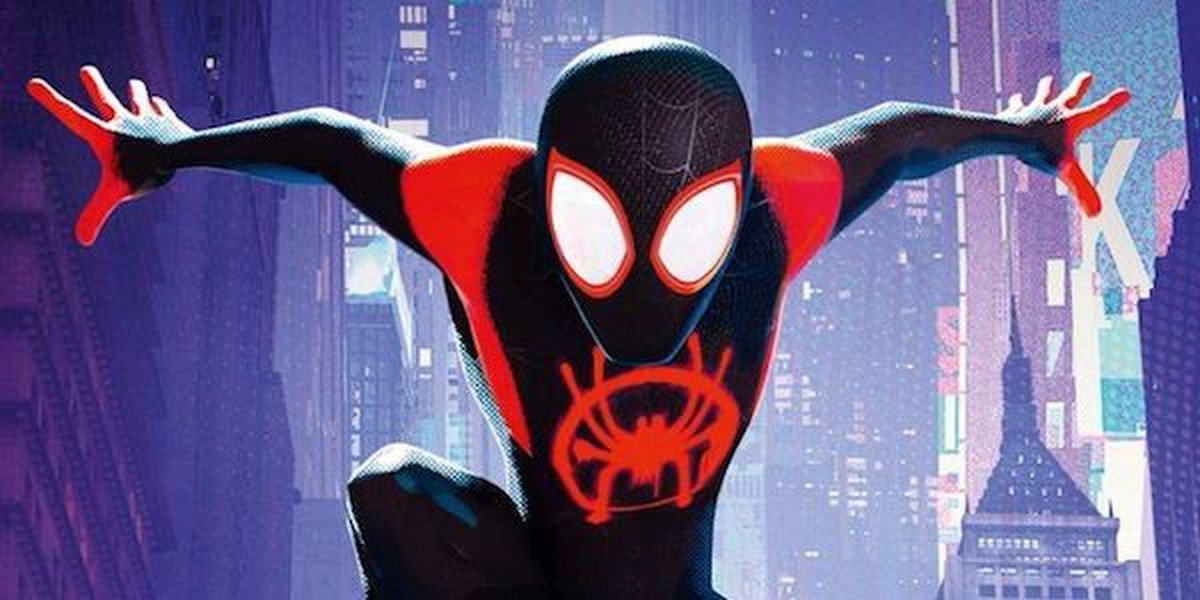The last thing I expected from Zoya Akhtar’s The Archies was commentary on the current state of Indian politics. But cleverly hidden between the lines of what at a surface level seems like a whimsical romcom intended to launch a prestigious line of nepo babies is a story about the struggles of being a minority in a country that is driven by the capitalistic greed of certain businessmen.
Read more









